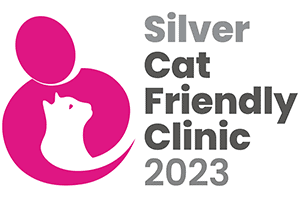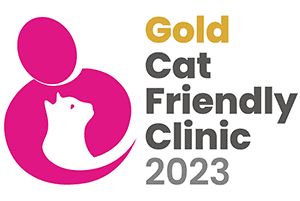May was Veterinary Nurse Awareness Month and we know it’s a little late but we want to shout about how fantastic our nurses are! Veterinary nurses are vitally important to the running of the practice and the medical care given to your pet. Let us tell you more about them!
Many of our clients will be familiar with some aspects of their work, namely their “front-of-house” duties. This includes:
- Nurse clinics – everything from nail clips to puppy/kitten chats and from worming treatment to specialist renal clinics.
- Admittance & discharge from hospital
- Post-operative checks
- Reception – our nurses often support our reception staff especially at our smaller team branch surgeries
- Assisting the vet in consult
What you don’t see, and may not know, is that our veterinary nurses are also:
- Ward nurses – Looking after inpatients staying with us in our hospital or at our branch surgeries following surgery. They administer medications, control fluid therapy, wound management, checking vitals, feed, clean, toilet and general TLC!
- Lab technicians – We have our own in-house laboratory and it’s the nurses who run the tests or prepare the samples for external testing.
- Pharmacists – Nurses help the vets to with medications and prescriptions by preparing, dispensing, labelling and recording medications. They are also responsible for re-stocking.l
- Anaesthetists – Nurses are responsible the anaesthesia during surgery. They have to make sure the pet stays deep enough asleep for the surgery by calculating and controlling gas flow rates while monitoring vital signs of the patient. They also monitor everything during recovery.
- Radiographers – Assist the vet to position the patient, calculate the x-ray settings and process the x-ray all while adhering to radiation safety.
- Phlebotomists – Nurses take blood samples and fit cannulas (for vein access for medications and fluids therapy)
- Cleaners – Not just general cleaning but hospital standard disinfecting of all clinical areas. They are also responsible for the cleaning and sterilisation of surgical instruments and equipment.
- Insurance – Our nurses are the insurance “experts” in the practice. With their medical knowledge nurses complete, send insurance claims and deal with any queries or problems.
- Equipment maintenance – As you might expect we have many pieces of equipment in our surgeries from clippers and microscopes to x-ray machines and an endoscope. Nurses ensure all equipment is regularly cleaned, checked and stored appropriately, consumables reordered and professional services booked as needed.
So there you have it, much more than just cuddle administrators! We bet there was at least one thing on this list you didn’t know about!
If you want to know more about our nurses (perhaps you’re thinking of a career change) or just want tell us how great you think they are too, follow us on Facebook or contact us on [email protected].




